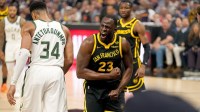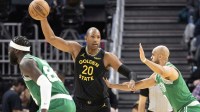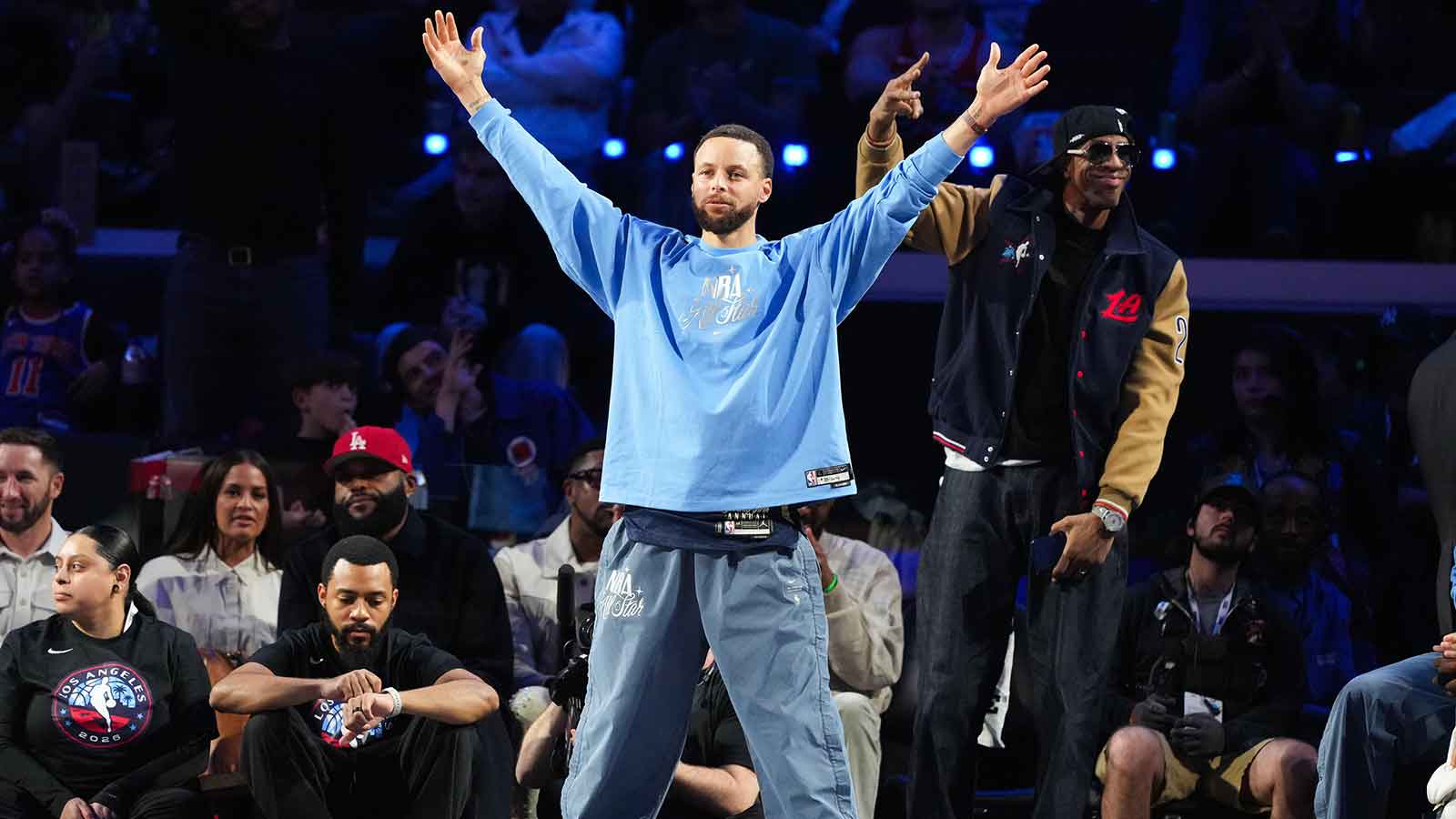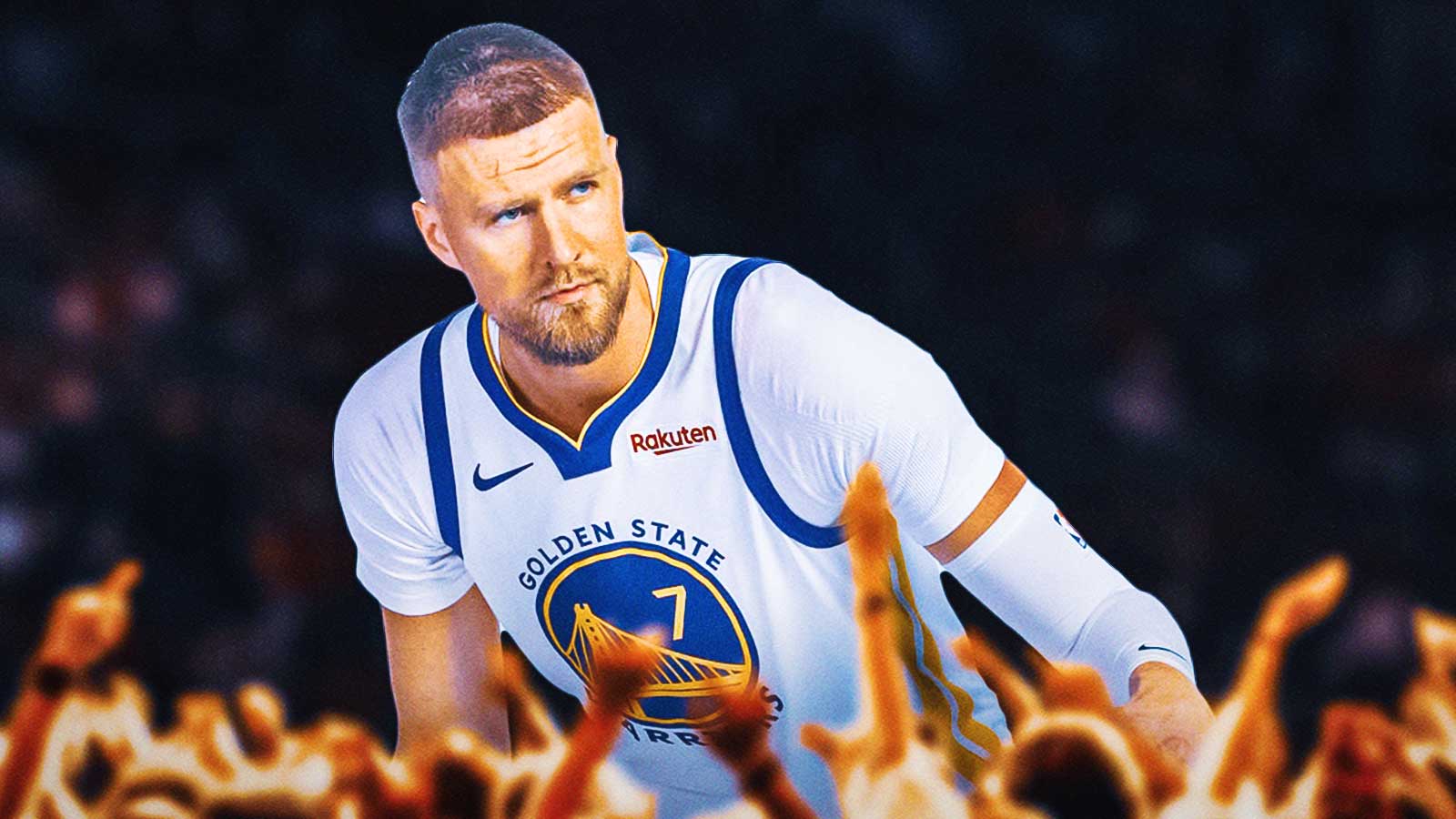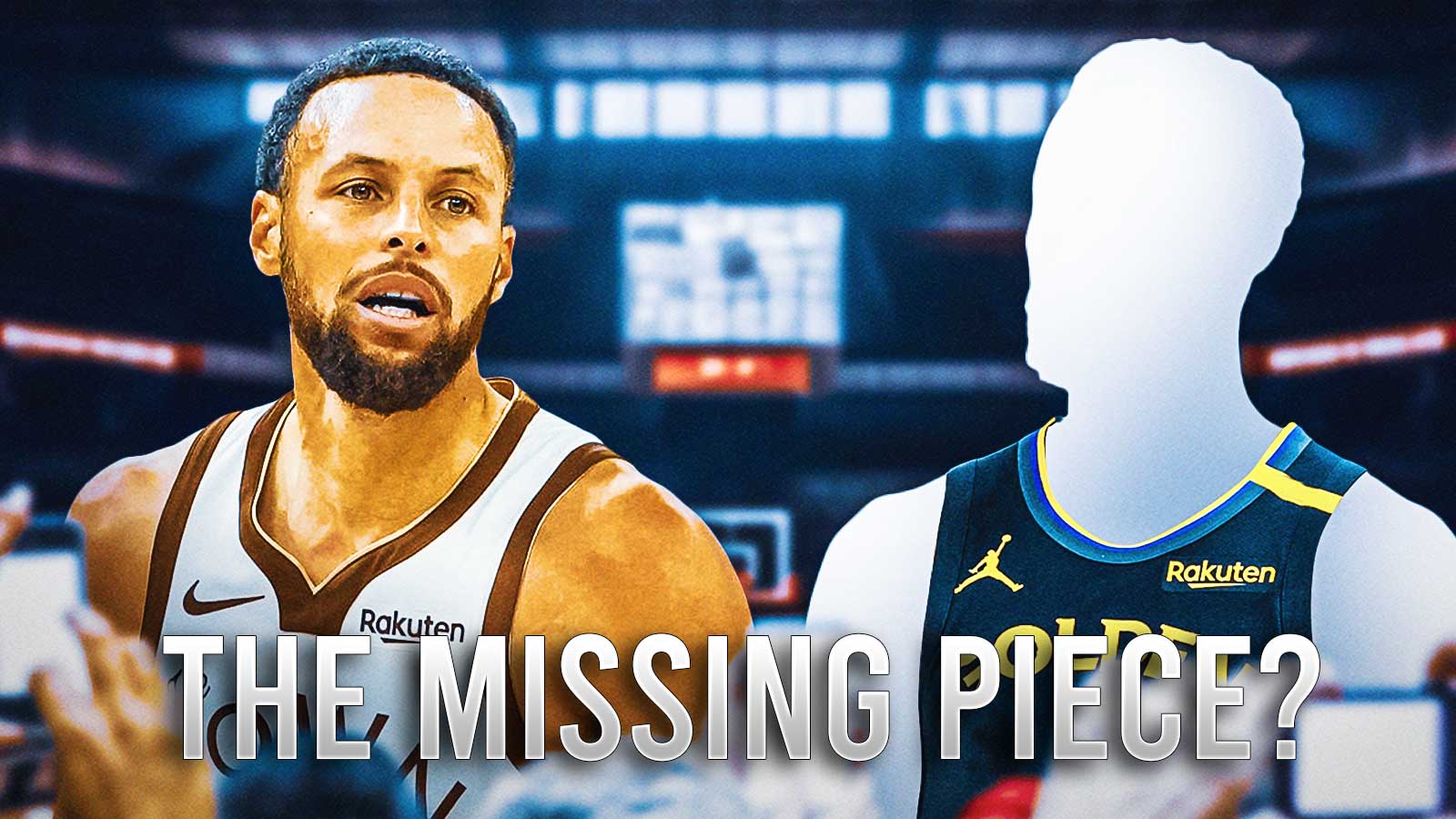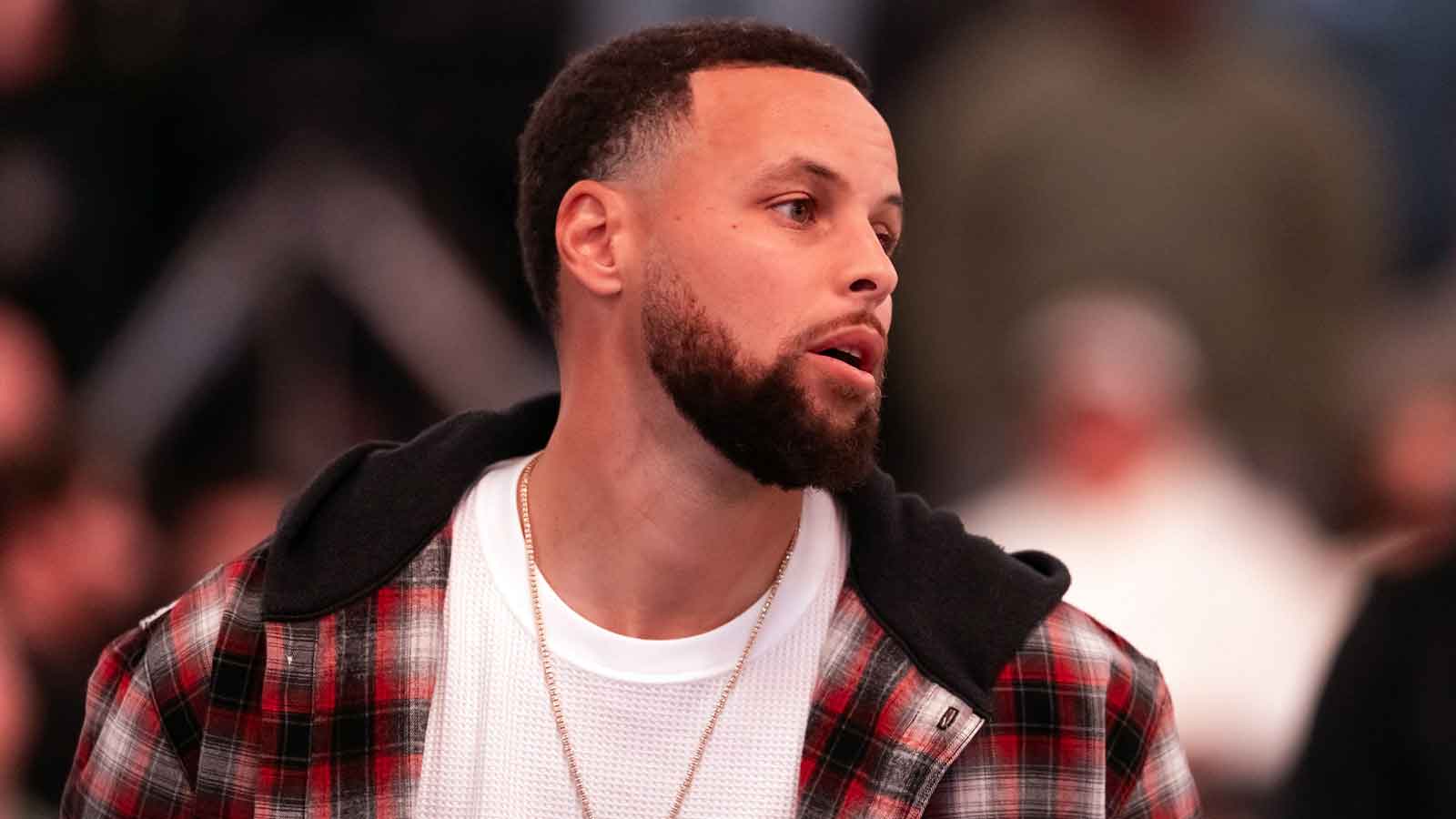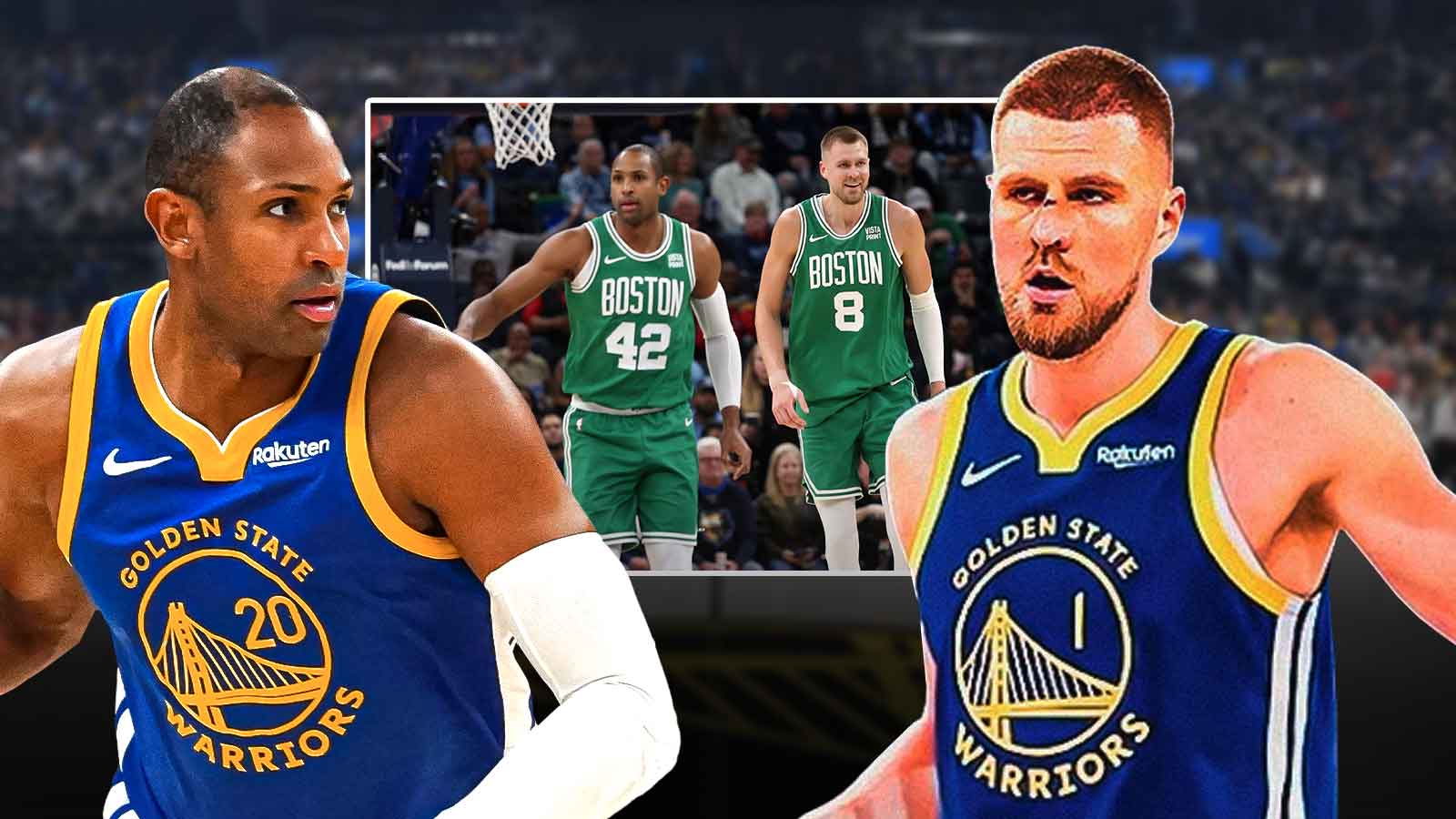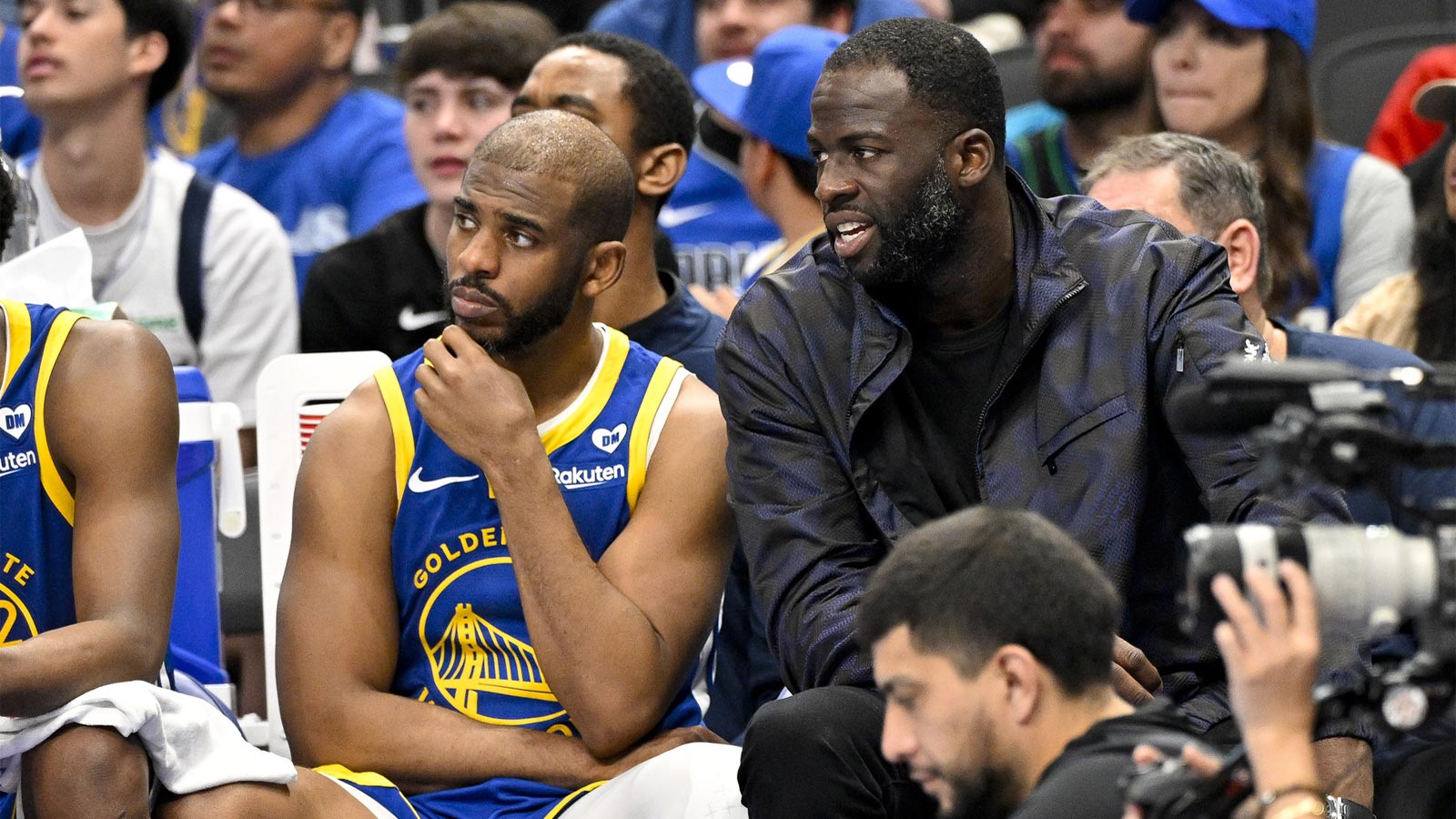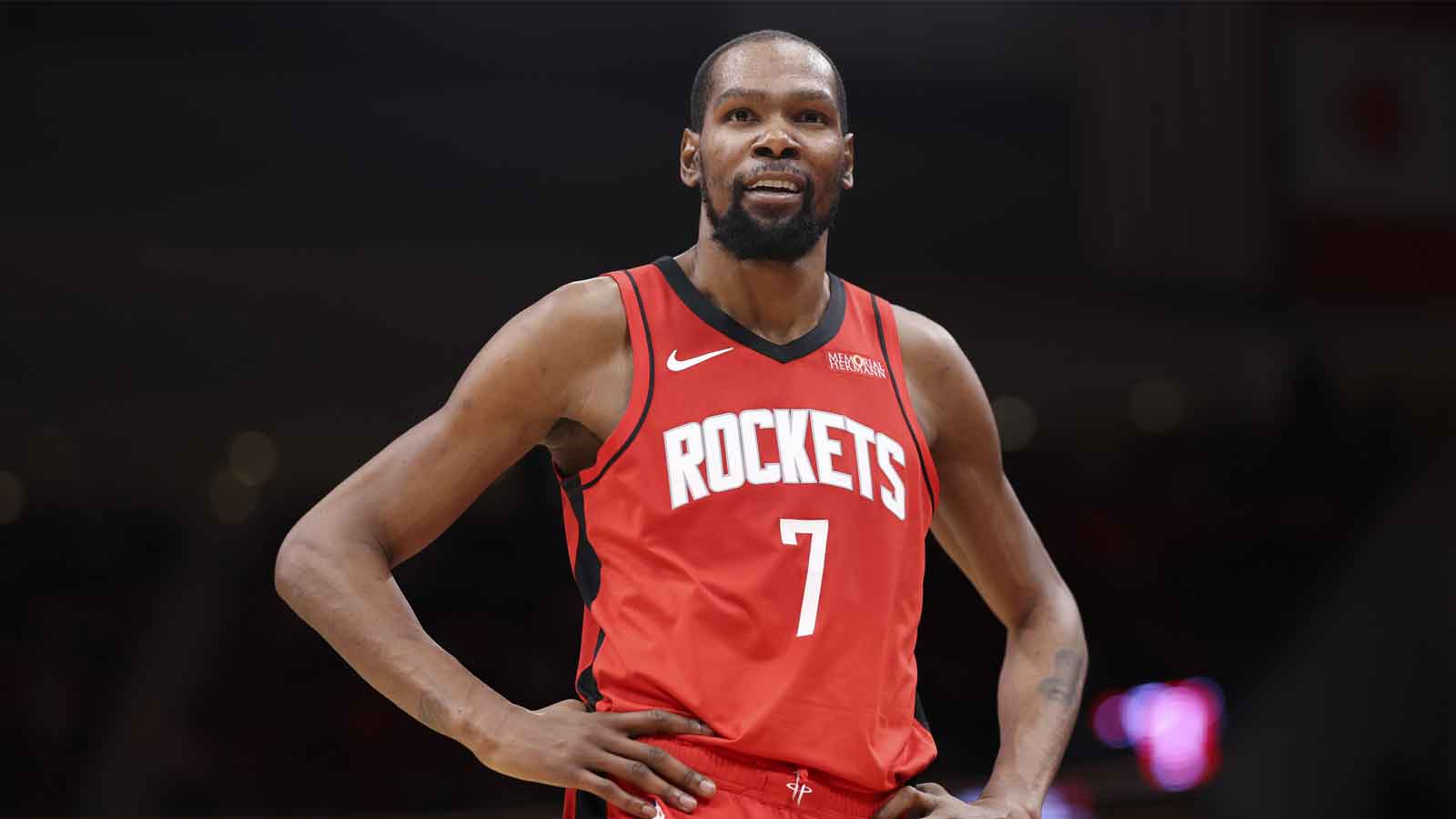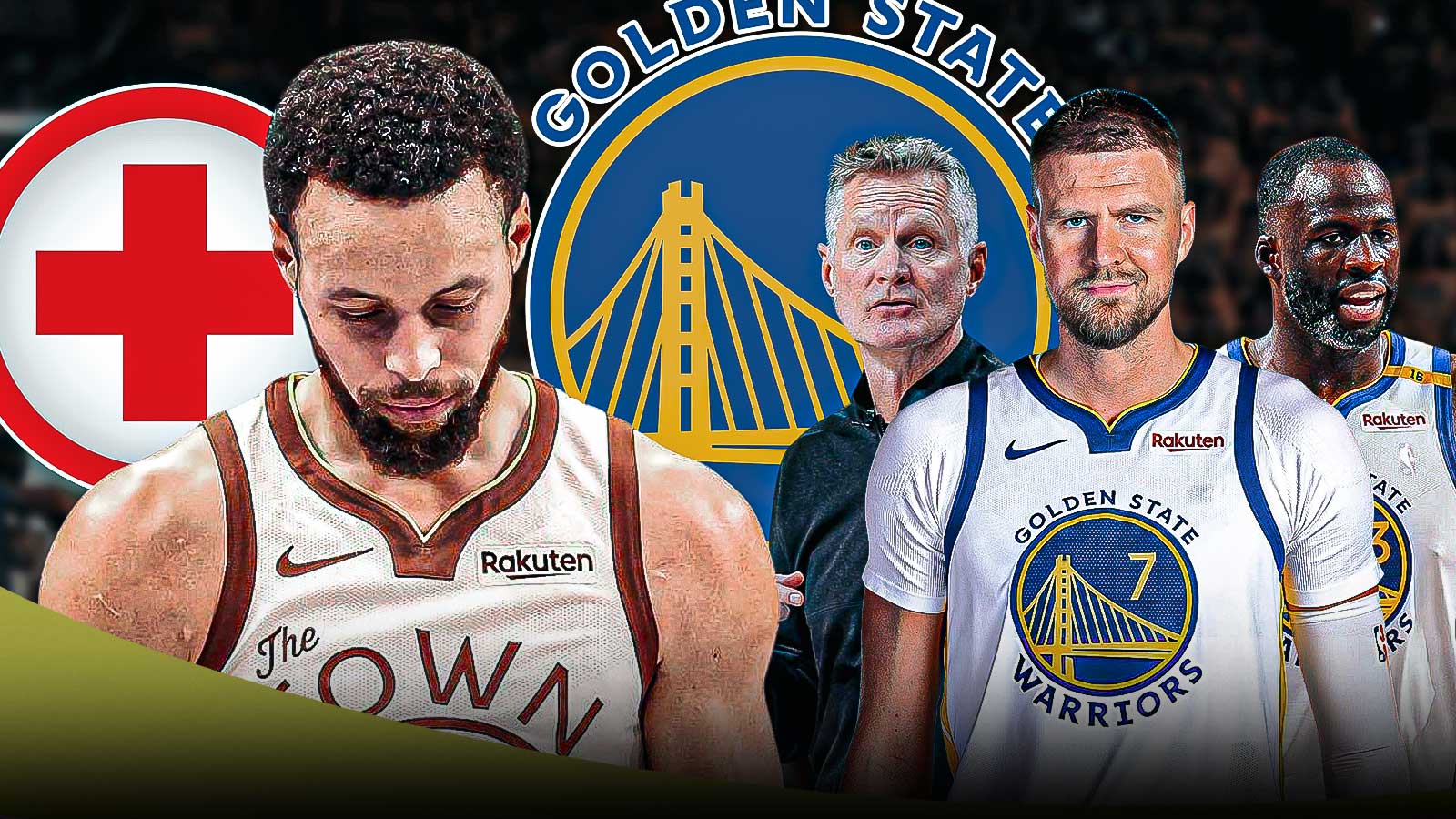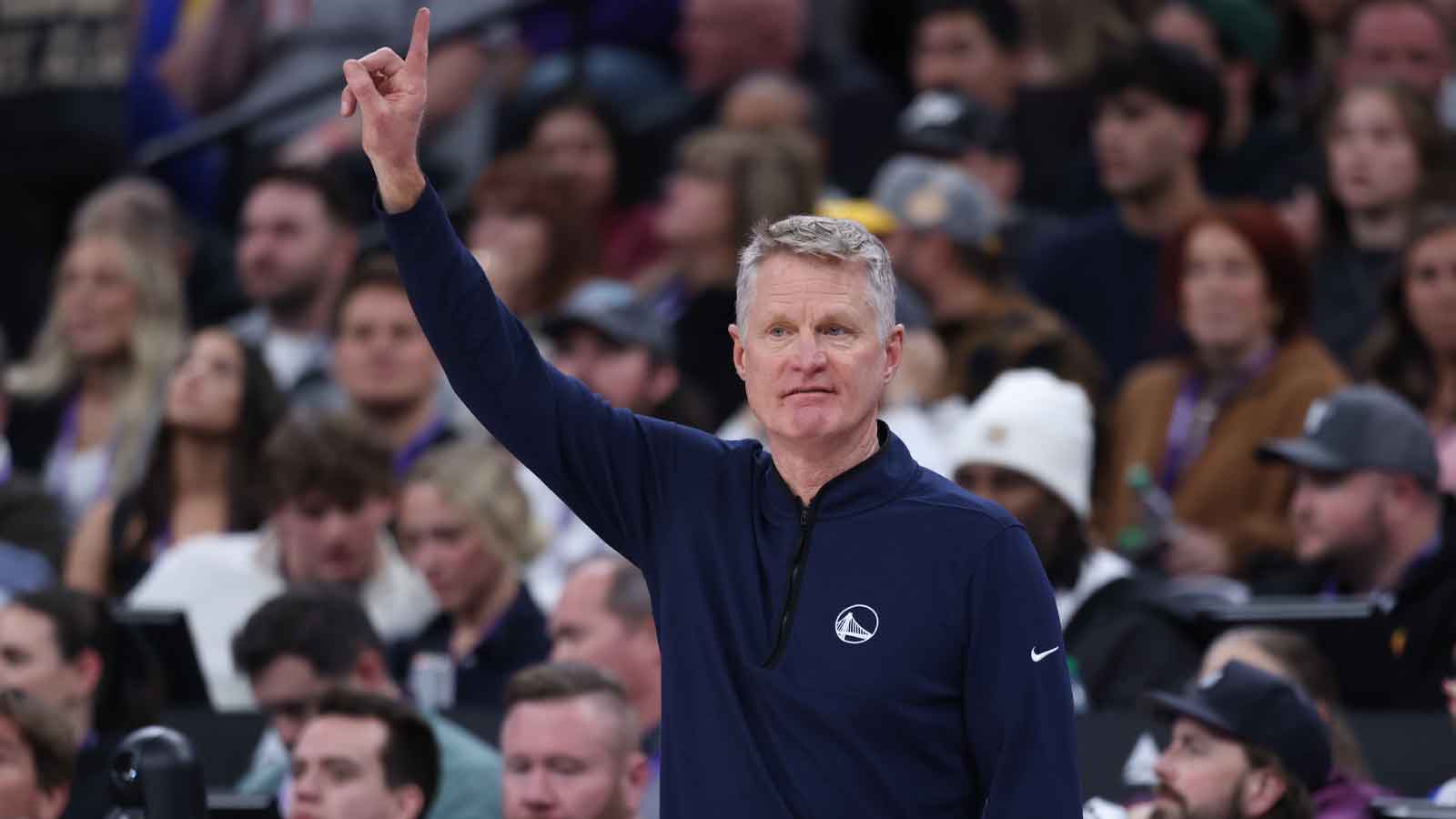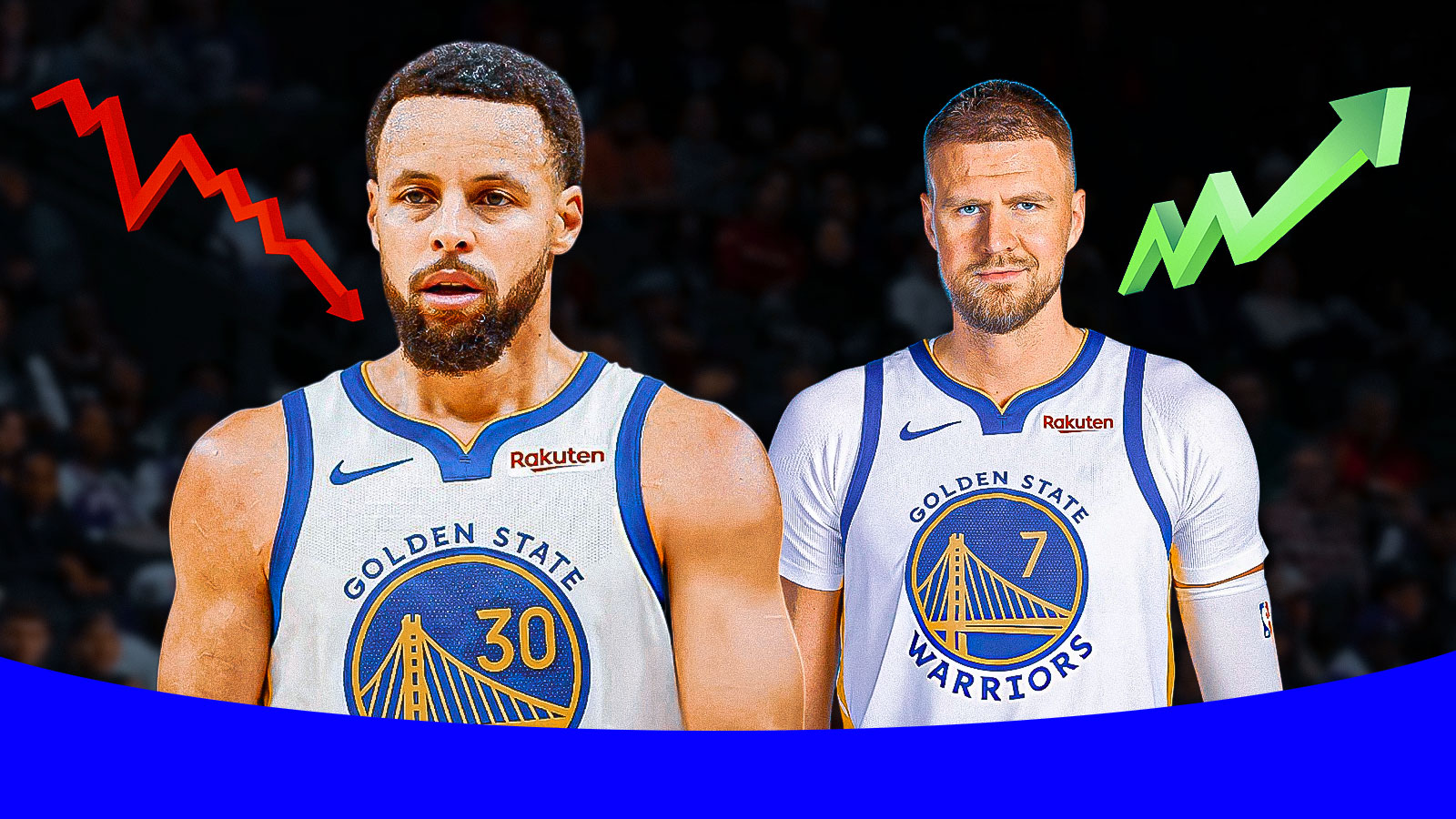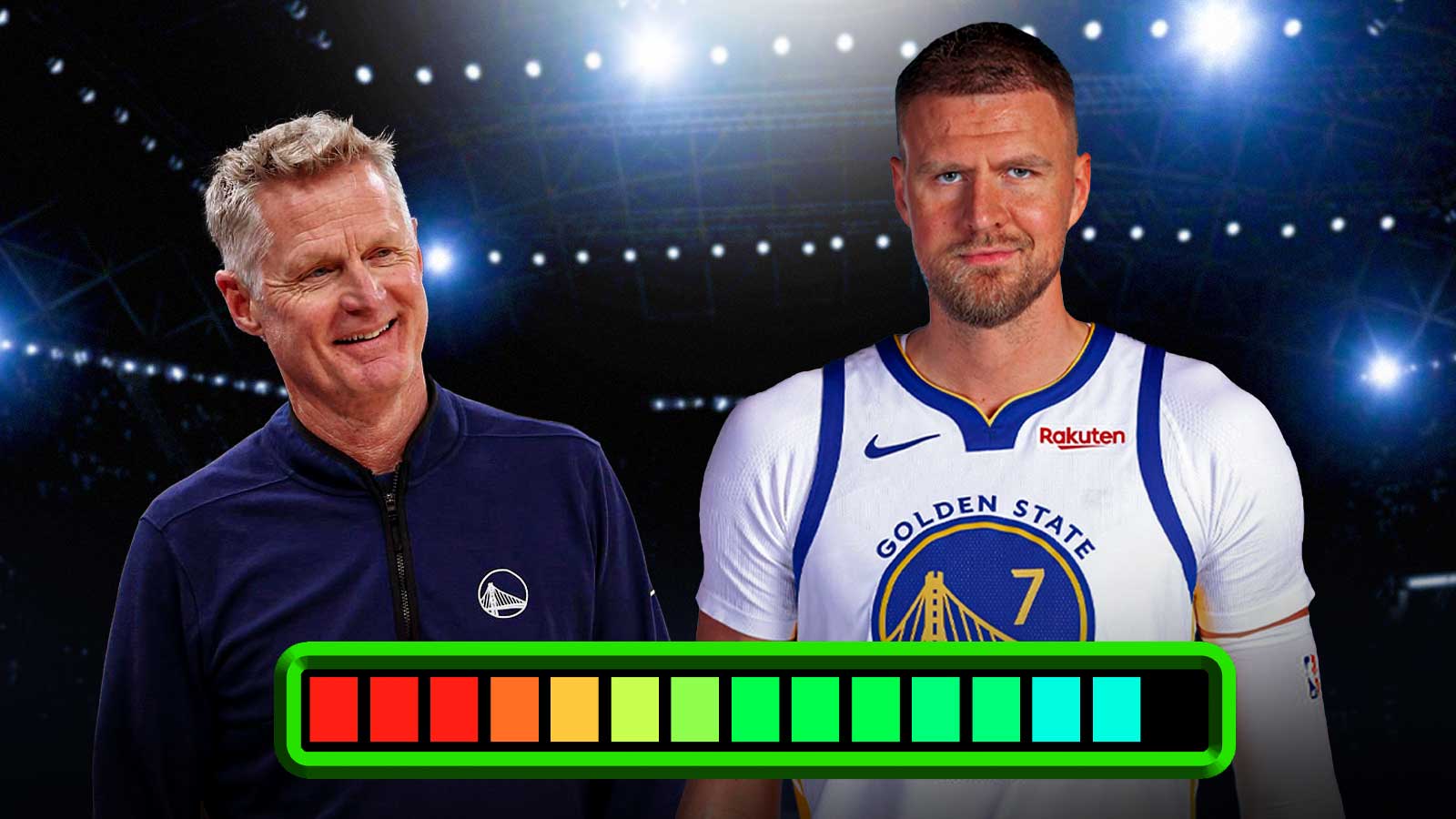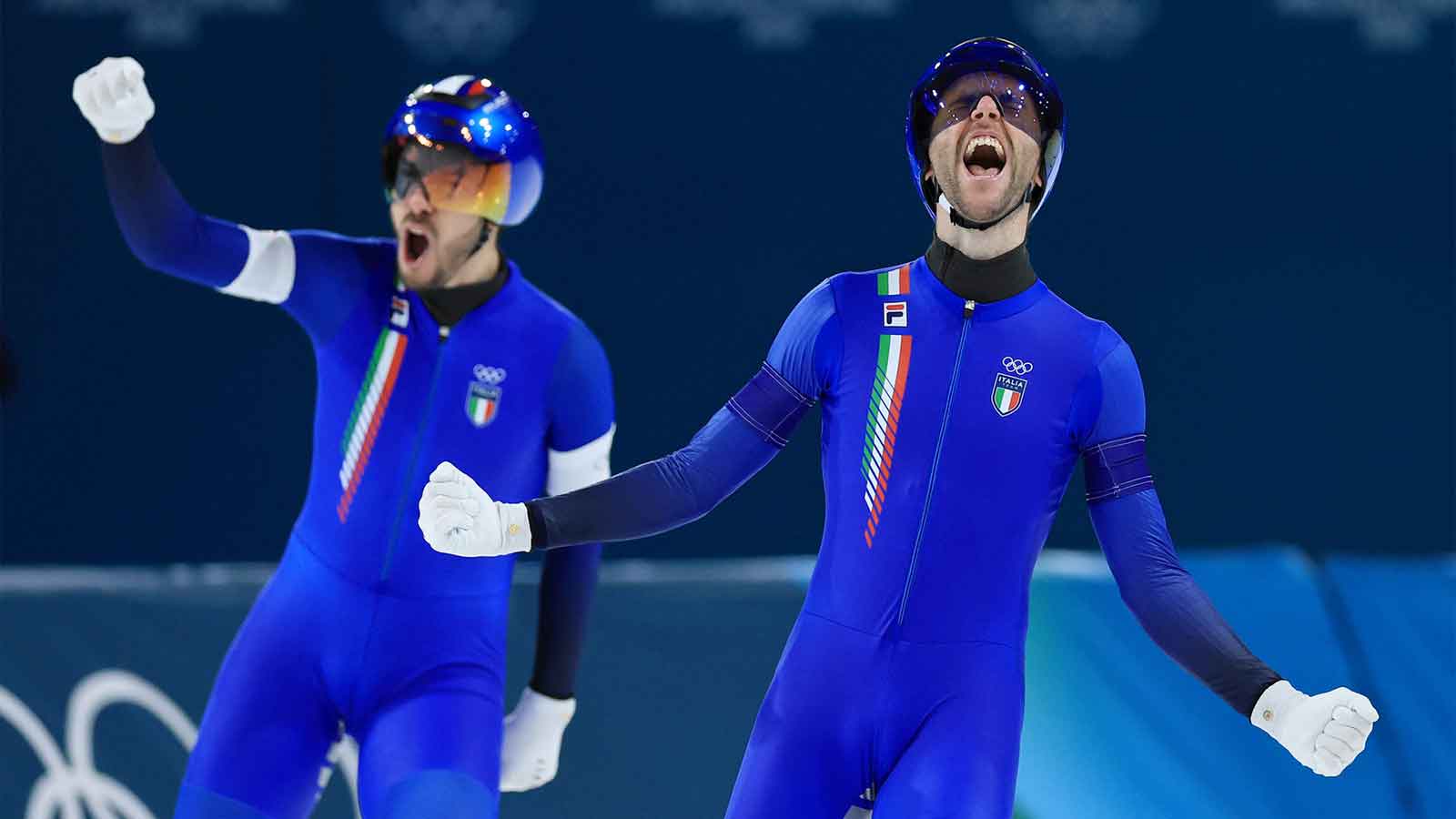It's safe to say Bob Myers and the front office wish they'd convened with Jordan Poole's representatives before the Golden State Warriors embarked on their preseason trip to Japan.
Two days before the defending champions tipped off training camp on September 24th, the normally evasive Myers shed real light on the status of Poole's potential contract extension, telling reporters management would sit down with his agents upon the team returning stateside.
“We’re gonna meet with his reps I think after Tokyo, and sit down for the first time and start having that conversation,” he said on September 22nd. “I think that’s about two weeks out from the deadline for him. Where that will go, I don’t know. I know that they wanna meet and I know we wanna meet. We’ll see what the next two weeks give us.”
Poole, obviously, isn't the only player in the league subject to the October 17th deadline for an extension on his rookie contract. The same time limit applied to the Portland Trail Blazers' Anfernee Simons and New York Knicks' R.J. Barrett, both of whom signed four-year deals north of $100 million with their incumbent teams this summer.
Contracts signed over the offseason by Simons, Barrett and the Knicks' Jalen Brunson would've been jumping off points for negotiations with Poole's reps had they taken place before Golden State left for Tokyo. His standout 2021-22 season overall and hyper-efficient offense during the Warriors' title run made Poole more accomplished than those contemporaries, but not necessarily to the significant extent that would require a much more lucrative offer to lock him up in the Bay long-term.
Simons got a four-year, fully guaranteed $100 million extension. Barrett's came in at $107 million guaranteed over the same time period with $13 million of “unlikely incentives,” while Brunson has a player option on the final season of his four-year, $104 million deal. None of those players was ever the best league-wide analog for Poole's place with Golden State, though.
That distinction always belonged to Tyler Herro, and rest assured Poole's people will remind Myers and company of that reality in wake of the market-setting extension he inked on Sunday with the Miami Heat.
🚨 Reigning Sixth Man of the Year Tyler Herro has agreed to a 4-year, $130 million contract extension with the Miami Heat, per @wojespn. pic.twitter.com/Y5w5nCespf
— ClutchPoints (@ClutchPoints) October 2, 2022
Herro's new deal, to be clear, will likely top out at $120 million; the remaining $10 million is accounted for by incentives. As noted by ESPN's Bobby Marks, the first year of Herro's extension will count for just over 20% of the projected $134 million salary cap for 2023-24, five percent less than a max contract would've afforded him.
Poole made clear at Media Day that he won't let the inevitably fraught nature of his contractual status affect his play this season. His focus is squarely on helping Golden State win back-to-back titles for the second time in six years. But Poole is notoriously proud, too, and as a late first-round pick in 2019 will have earned just over $10 million in total once his rookie contract expires after 2022-23.
Poole's not in the gaudy financial position to let the Warriors' massive repeater tax bill influence his bottom line in extension discussions. There's an argument to be made he's already putting the team's best interests ahead of his own, too, entrenched as a backup behind Stephen Curry and Klay Thompson despite emerging as one of basketball's most dynamic shot-makers last season.
Make no mistake, either. Poole might be taking a hands-off approach to extension talks, but was fully aware of Herro, a fellow Wisconsin native, getting the “bag” he boasted about while popping bottles in Golden State's championship locker room.
JP gives a shoutout to fellow Milwaukee native Tyler Herro on the new contract extension 👏 pic.twitter.com/F45RJYMs8Z
— Warriors on NBCS (@NBCSWarriors) October 3, 2022
Milwaukee roots are hardly the only similarities they share, but Poole has nevertheless surpassed the reigning Sixth Man of the Year in basketball's individual hierarchy.
He's a more explosive, variable penetrator than Herro, shooting an outstanding 66.2% at the rim last season, per NBA.com/stats. Poole shot nearly 10% better than Herro's substandard 45.5% accuracy on drives, also finishing with a comfortably higher free throw rate. Herro was the superior long-range shooter over the 82-game grind, but Poole fared far better in the playoffs from beyond the arc and from an overall efficiency perspective.
Poole, for instance, shot a mind-blowing 62.7% on twos during his first taste of postseason basketball, finishing the Dubs' title run with an impressive 60.6 effective field goal percentage. Herro, on the other hand, has never managed better in the playoffs than the 52.0 eFG% he put up as a rookie while helping Miami reach the NBA Finals in the Orlando bubble.
Questions of position and defensive mettle factor into Poole's adjusted price tag after Herro's extension, too.
Who's to say he's not capable of being a full-time starting point guard? Golden State's offensive rating with Poole on the floor and Curry on the bench in the postseason was 111.4, per Cleaning the Glass, less than a full point below than when those roles were reversed. There's no denying that Poole plays in the more optimal offensive environment, but Herro lacks the first-step burst needed to consistently bend defenses and doesn't compensate by making consistent all0-court passing reads. Poole's explosiveness with the ball needs no explanation, and his ingenuity as a playmaker is simply on different level than Herro's.
Both were consistently targeted defensively by opposing stars in the playoffs, cutting into their playing time. The most likely scenario is Poole and Herro spend their entire careers as defensive liabilities. But Kerr has high hopes for Poole on that end going forward, alluding to his solid positional length in the backcourt and ever-improving strength. Herro has a negative wingspan, further limiting his effectiveness as a help defender, and is an objectively below-average lateral athlete, preventing him from regularly containing the ball.
Herro's extension is the risk Golden State ran by taking Poole's potential extension right up to the mid-October deadline. Expect his reps to demand that negotiations begin at Herro's new number instead of those previously granted to Simons, Barrett and Brunson.
The only good news for Joe Lacob's wallet? Herro's extension still falls short of the maximum for players with six or fewer years of league tenure. There's just over $6 million worth of wiggle room between Herro's expected salary in 2023-24 and Poole's projected max of $33.5 million. Maybe Poole and Golden State find common ground in that discrepancy before October 17th.
Otherwise, don't be surprised if another eye-popping campaign sends Poole to restricted free agency next summer, commanding the max contract the Warriors could've more likely avoided paying him before Herro put pen to paper.






